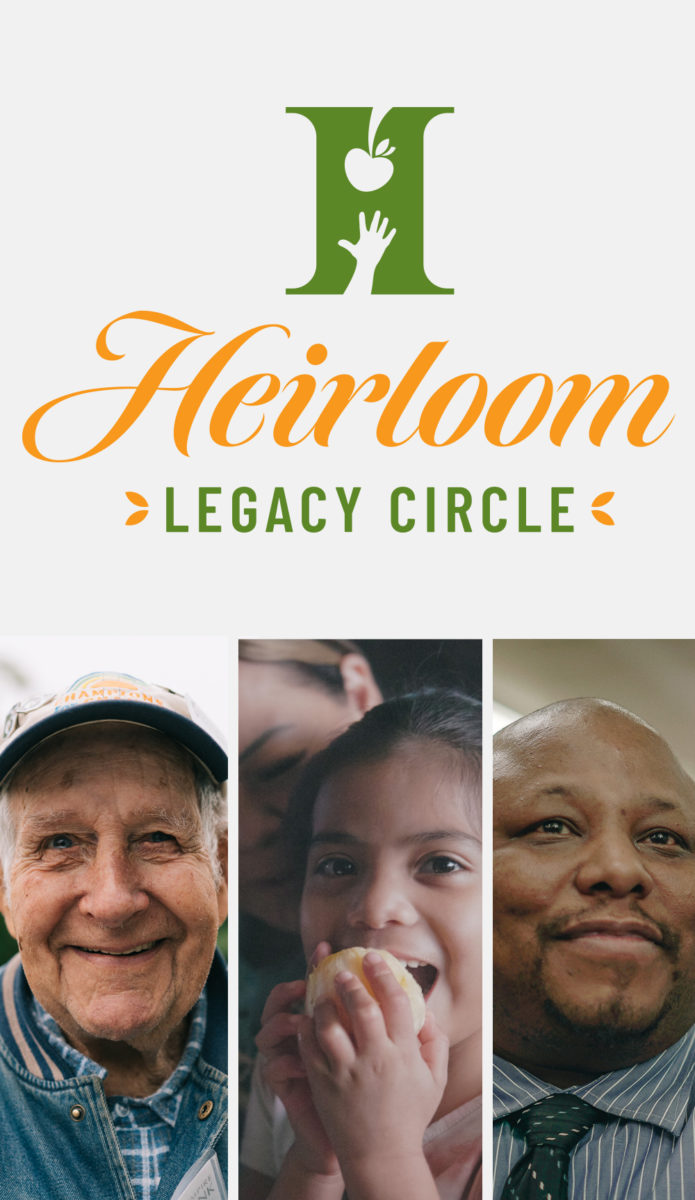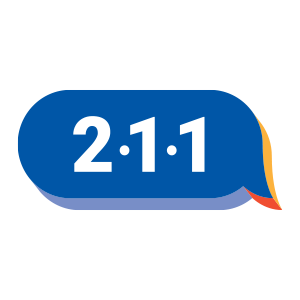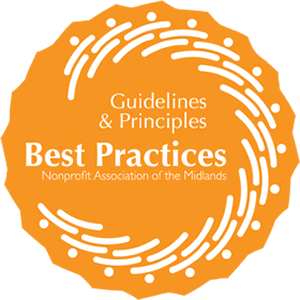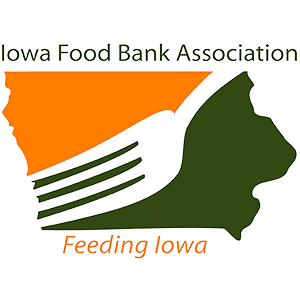LEAVE A LEGACY & FEED FUTURE GENERATIONS
Food Bank for the Heartland’s Heirloom Legacy Circle is a thoughtful group of supporters who have included a gift to the Food Bank in their estate plan. This is a simple and impactful way to meet your financial planning needs while providing critical nutrition to families facing food insecurity—for years to come. There are several planned giving options to help you achieve your goals and make a lasting contribution to ending hunger in your community, including…
- Making a charitable bequest through a will or trust
- Designating Food Bank for the Heartland as a beneficiary
- Making a life income gift
Learn more about each of these options in the orange and green tabbed section below.

plant your legacy
Food is a basic need, yet thousands of our neighbors struggle with food insecurity. Making a legacy gift to Food Bank for the Heartland creates a lasting impact by:
Giving access: Ensure that neighbors in Nebraska and western Iowa have consistent access to the nutritious food they need to thrive.
Providing long-term funding: Your gift today plants seeds that will feed future generations for years to come.
Plus, these meaningful gifts cost you nothing now, so you can make a significant impact without putting financial stress on you or your loved ones. Your gift is tax-exempt and could lower the tax obligations for your heir(s).
Heirloom Legacy Circle members also receive:
- The rewarding knowledge that your legacy will be lasting and impactful
- Customized, periodic communication from the Food Bank
- Invitations to learning experiences and events that will deepen your knowledge of food insecurity and its root causes
Contact Our Team
Thank you for your interest in Food Bank for the Heartland’s Heirloom Legacy Circle! We’d love to hear from you.
Please fill out the form below to get in touch. For questions, assistance, or to get started, please contact our Major Gifts Officer, Edwin V. Lyons, at 402-871-3390 or [email protected].
Heirloom Legacy Circle – Contact Form
Bequests through Wills & Trusts
Bequests are gifts made as part of a will or an estate plan. To make a bequest, you need to leave instructions, typically in a will. Other documents, such as beneficiary designations and revocable living trusts, may also be part of how your estate plan is managed after your death. You can detail different types of bequests in your will and update it as your family, priorities and wishes evolve.
There are four types of charitable bequests, and many wills contain more than one type:
- General bequests: gifts of property taken from an estate’s general assets.
- Demonstrative bequests: gifts that comes from an explicit source (such as a particular bank account).
- Specific bequests: gifts of property, like a painting, jewelry, a car, or a specific cash amount.
- Residuary gifts: gifts made after all the debts and expenses are paid, and other bequests are made. These are typically a percentage of the remainder, and in some cases, a specific amount of shares.
One common approach is to leave specific or demonstrative bequests to family members or other individuals and then leave a residuary to a charitable organization. These bequests can be directed to private foundations and charities that sponsor a donor-advised fund program, allowing the bequest to become an ongoing means of charitable support.
Benefits of Charitable Bequests
Flexibility: Charitable bequests are flexible and easy to update.
Tax benefits: In general, there is an unlimited deduction of charitable bequests against the value of an estate, making it a powerful tool for reducing estate tax.
Recognition: A bequest gift can be a way to create a lasting legacy through an organization that supports the cause you care about.
Efficiency: Charitable bequests can help the efficiency of settling an estate because the bequests provide clear instructions to the executor on how to distribute certain assets in accordance with your wishes.
Charitable trusts and gifts of real estate allow you to feed your neighbors while protecting you and your loved ones. Trust vehicles may provide significant income tax deductions and an income stream while real estate deeded to the Food Bank—during or after your lifetime—can remove the property from your taxable estate.
Sample Bequest Language
A Bequest is one of the easiest gifts to make in support of Food Bank for the Heartland. With the help of an attorney, you can include bequest language in your will or trust specifying exactly where you would like your assets to go after you pass away. Here’s an example:
“I hereby give, devise and bequeath, to Food Bank for the Heartland, a nonprofit organization currently located at 10525 J. St. Omaha, NE 68127, or its successor thereto, ______________ [written amount or percentage of the estate or description of property] for its unrestricted use and purpose.”
Designating Beneficiaries
Name Food Bank for the Heartland as a beneficiary and use beneficiary designations to address hunger in the Heartland for years to come.
Beneficiary designations provide the greatest flexibility as they can be easily altered. In addition, they are distributed outside the execution of your will, meaning funds are quickly directed to feeding your neighbors. Take simple steps to commit today and nourish tomorrow by designating Food Bank for the Heartland as a beneficiary of your:
- Retirement plans, such as an IRA, 401(K), or 403(b). Pass these heavily taxed assets to the Food Bank tax-free.
- Life insurance policies. Name Food Bank for the Heartland as the owner and/or beneficiary of a new or existing policy.
- Financial accounts at your bank, brokerage account, donor advised funds, and CD’s.
Life Income Gifts
Life income gifts include charitable gift annuities and charitable remainder trusts and represent donations of cash or securities in exchange for an ongoing source of income, and a charitable income tax deduction.
A charitable gift annuity is a contract between a donor and a charity with the following terms: As a donor, you make a sizable gift to charity using cash, securities, or possibly other assets. In return, you become eligible to take a partial tax deduction for your donation. Plus, you’ll receive a fixed stream of income from the charity for the rest of your life. While this is a simple agreement and an attractive gift option for many donors, non-profit organizations must be licensed to offer this gift option, which depending on the state, can be cumbersome.
Food Bank for the Heartland is a network member of Feeding America, who is able and willing to accept and manage charitable gift annuities on our behalf. When ready to execute, a donor will make the gift to Feeding America and name Food Bank for the Heartland as the beneficiary of the remainder value of the annuity and provide a lasting impact for those facing hunger in Nebraska and western Iowa.
A charitable remainder trust (CRT) is an irrevocable trust that generates a potential income stream for you, as the donor to the CRT, or other beneficiaries, with the remainder of the donated assets going to your favorite charity or charities.
- A charitable remainder annuity trust provides fixed payments for life.
- A charitable remainder unitrust offers variable payments based on a percentage of the trust’s value each year.
legal information
Tax ID number: 47-0637701
Name: Food Bank For the Heartland
Address: 10525 J Street, Omaha, NE 68127
Information contained herein was accurate at the time of posting. The information on this website is not intended as legal or tax advice. For such advice, please consult an attorney or tax advisor. Figures cited in any examples are for illustrative purposes only. References to tax rates include federal taxes only and are subject to change. State law may further impact your individual results. Food Bank for the Heartland cannot provide legal or tax advice.








